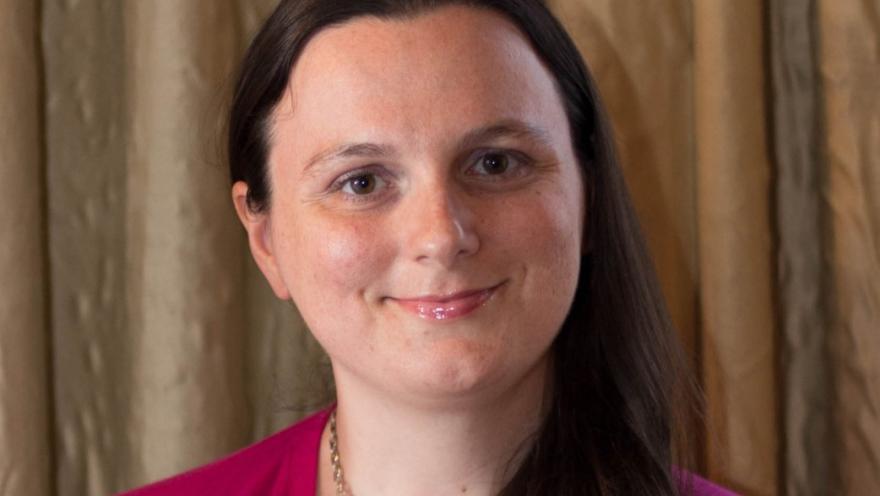The Association is pleased to continue on the tradition of supporting bright, young scientists in ALS research through the Milton Safenowitz Postdoctoral Fellowship Program. This year, we are supporting six new postdoctoral fellows out of a highly competitive applicant pool. In this series, we highlight the dedication and unique contribution each fellow makes to ALS research. Today, we feature Dr. Jeanne McKeon from University of Massachusetts Medical School.
The Milton Safenowitz Postdoctoral Research Program, falls under our TREAT ALSTM Global Research Program and was founded by the Safenowitz family through the Greater New York Chapter of The Association. Mr. Safenowitz died of ALS in 1998 and the family and chapter continues its support to this day. Each award is for $100,000 over a two year period.
These awards are designed to encourage and facilitate promising young scientists to enter the ALS field and most importantly, to remain. Lending to the success of our program, over 90 percent of our postdoctoral fellows go on to start their own ALS research laboratories and then mentor their own young scientists.
Here we highlight each of our postdoctoral fellows awarded in 2016 in a series to learn more about their exciting studies and get to know the person behind the bench. Our fourth featured fellow is Dr. Jeanne McKeon who is exploring how inherited ALS mutations in the profilin-1 (PFN1) gene impacts the structural integrity of cells.
Jeanne McKeon, Ph.D.
Mentor: Daryl Bosco, Ph.D., University of Massachusetts Medical School, Worcester, Mass.
Project: Disruption of actin dynamics as a pathogenic mechanism in ALS
What is the impact of your research?
My research seeks to understand how mutations in a familial ALS-linked protein involved in the actin cytoskeleton cause disease. These studies will yield critical insight into pathogenic mechanisms that may also be at play in sporadic ALS.
Why do you love working in ALS research?
I believe that in order to develop much needed therapeutics we must first understand the basics mechanisms underlying the disease.
Tell me something unique about yourself.
I became fascinated in neurodegenerative disease research as an undergrad and have been working in this field ever since.
Who are your heroes?
I would consider heroes all the people working tirelessly toward cures for ALS and other diseases.
Read more about her project here.
Read more about this year’s postdoctoral class here in our press release.


Join the conversation. Please comment below.